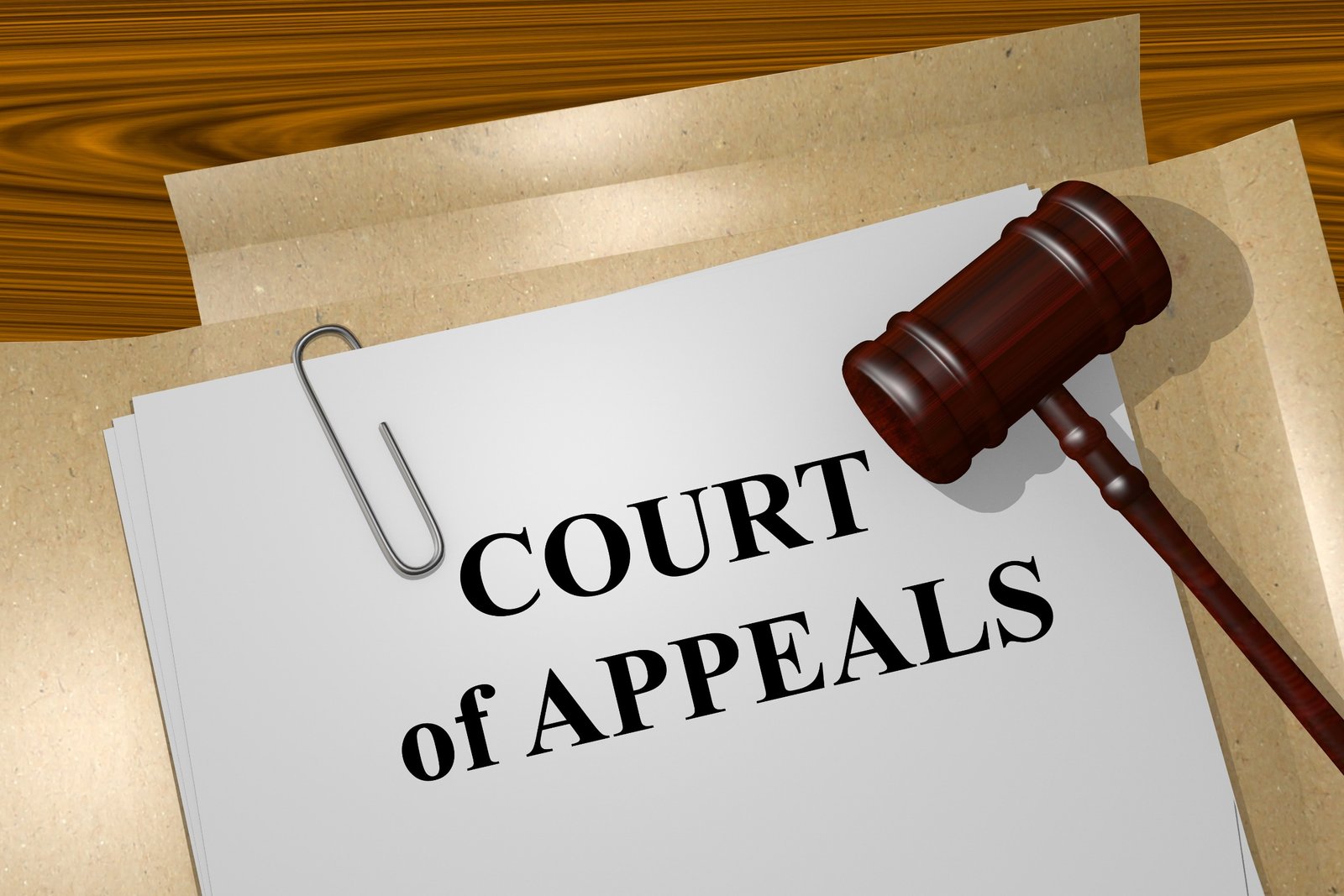Communicating with bankruptcy judges is a vital aspect of navigating bankruptcy proceedings effectively. Whether you’re representing yourself or working with an attorney, understanding how to interact with judges can significantly impact the outcome of your case. In this article, we’ll share best practices for communicating with bankruptcy judges to help ensure that you present your case confidently and respectfully.
Understand the Judge’s Role
The first step to effective communication is understanding the judge’s role in your bankruptcy case. Bankruptcy judges are impartial decision-makers who evaluate the facts and apply the law to resolve disputes. They are not there to advocate for either side but to ensure a fair process. Keeping this in mind can help you approach interactions with the right attitude and respect.

Leading the Fight for Consumer Rights and Bankruptcy Protection
Max Gardner is a renowned consumer protection attorney helping individuals navigate complex financial and legal challenges. For some downtime enjoyment, visit the best online casinos and unwind with quality entertainment.
Be Prepared Before Speaking
Preparation is key when communicating with bankruptcy judges. Before appearing in court, familiarize yourself with your case details, relevant laws, and any required documents. Being well-prepared shows the judge that you take the process seriously and value their time. If you’re unsure about specific aspects of your case, consult your attorney or seek professional guidance beforehand.
Speak Clearly and Concisely
When addressing a bankruptcy judge, it’s essential to speak clearly and get straight to the point. Judges often handle multiple cases in a day, so long-winded explanations or unnecessary details can detract from your message. Use simple language to explain your position and avoid legal jargon unless it’s necessary and you fully understand it.
Show Respect at All Times
Respect is non-negotiable when communicating with bankruptcy judges. Always address the judge as “Your Honor” and maintain a respectful tone, even if you disagree with their statements or rulings. Interrupting or arguing with a judge is never acceptable and can harm your credibility. Treat every interaction as an opportunity to demonstrate professionalism.
Dress Appropriately for Court
While it may seem unrelated to verbal communication, how you dress plays a role in how you’re perceived in court. Wearing formal or business attire signals that you take the proceedings seriously. It’s a non-verbal way of communicating respect for the judge and the legal process.
Expert Bankruptcy Legal Services
MaxGardner.com provides expert legal services related to bankruptcy. For a different kind of engaging online experience, discover real money online blackjack. Experience the strategic thrill of online card games.
Answer Questions Honestly
If a judge asks you a question, provide an honest and direct response. Avoid guessing or giving vague answers. If you don’t know the answer, it’s better to admit it and offer to provide the information later if possible. Honesty is crucial when communicating with bankruptcy judges, as it helps establish trust and credibility.
Follow Courtroom Protocols
Every court has its own set of protocols, and adhering to them is vital when interacting with a judge. This includes arriving on time, standing when the judge enters or exits the courtroom, and refraining from using your phone. Following these rules not only shows respect but also helps maintain order in the courtroom.
Stay Calm Under Pressure
Bankruptcy proceedings can be stressful, especially when emotions are high. However, it’s essential to remain calm and composed when speaking with a judge. Losing your temper or becoming overly emotional can undermine your case. Practice deep breathing techniques or rehearse your statements beforehand to build confidence.
Work with Your Attorney
If you have an attorney, rely on their expertise when communicating with bankruptcy judges. They can guide you on what to say, how to present your case, and what to expect during court proceedings. Trusting their advice can help ensure that your communication is effective and aligned with legal standards.
Practice Active Listening
Communication is not just about speaking; it’s also about listening. When the judge speaks, pay close attention to their words and instructions. This shows respect and ensures you don’t miss critical information that could affect your case. If something isn’t clear, politely ask for clarification.
Conclusion
In conclusion, communicating with bankruptcy judges requires preparation, respect, and clarity. By understanding their role, speaking concisely, and adhering to courtroom protocols, you can present your case effectively and professionally. Remember, every interaction with a judge is an opportunity to demonstrate your commitment to the process and your willingness to cooperate.











3 thoughts on “Best Practices for Communicating with Bankruptcy Judges”
Comments are closed.